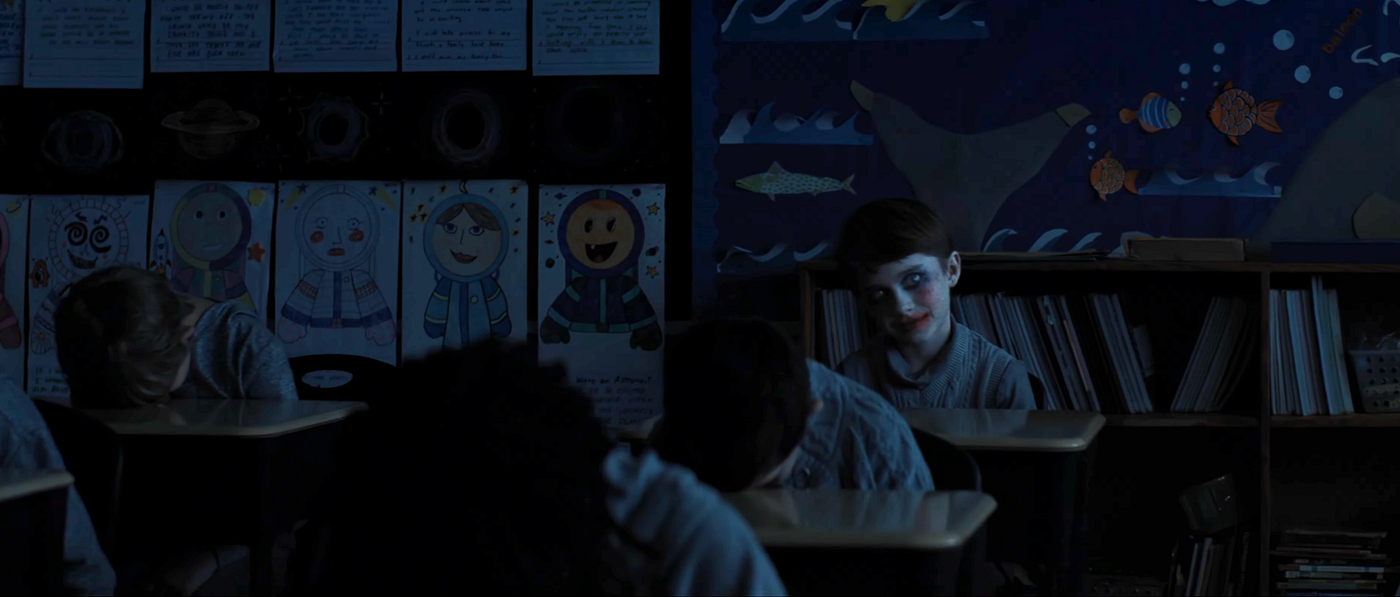Zach Cregger’s Weapons opens with one of the most deliciously creepy setups in recent horror memory. One night at exactly 2:17 AM, every child barring one in a single elementary school class rises from their beds, opens their front doors, walks out into the dark and vanishes. It’s the kind of opening that plants you firmly in your seat, eyes wide, brain racing. What happened? Why? Who’s behind it?
And then the movie says, “Buckle up, we’re taking the scenic route.”
Told in segmented, chapter-style storytelling, Weapons bounces between the perspectives of grieving parents, suspicious neighbors, frazzled teachers, and frailer systems. It’s like Magnolia wandered into Prisoners, but with the nervy tone of early Stephen King, plus a dash of Coen Brothers for good measure. Cregger, somehow still finding new ways to channel his comedy roots into dread, keeps things strange, sharp, and intermittently hilarious, all while keeping the bigger mystery intact for as long as he can.
The first two acts are honestly great. The build-up is insane. Tension hangs in the air like fog. Every character is spiraling in their own special way, and there’s enough ambiguity in the air to drive a small town mad. The non-linear structure works better than expected and adds a touch of cinematic flair that keeps your attention, even if a few segments threaten to wander.
Where things stumble is in the home stretch. The third act takes a hard left turn into explanation territory, and unfortunately the mystery loses a bit of its mystique once it starts unpacking itself. The reveal isn’t bad, it’s just not quite equal to the wild energy the film had been building up to. It ends with a bang, sure, but one that’s more pyrotechnics than payoff.
That said, the film still has a lot to offer. There’s a clever critique buried under the horror of grief, tribalism, blind trust in institutions, and yes, the brain-melting effects of conspiracy culture. It pokes at the way we react to the unexplainable, how we try to make sense of tragedy, and how quickly people can turn on each other when answers aren’t immediately available.
Is it a perfect movie? Not really. But it’s undeniably unique, unsettling, and full of ideas. If Cregger had leaned a little harder into the ambiguity, and left some of that ending a mystery, this might have been an all-timer. As it stands, it’s still a wild ride worth taking.
A
funny, creepy, oddly heartfelt film that sticks with you. And yes, I’m
still haunted by the idea of 17 children walking quietly into the night.


Comments